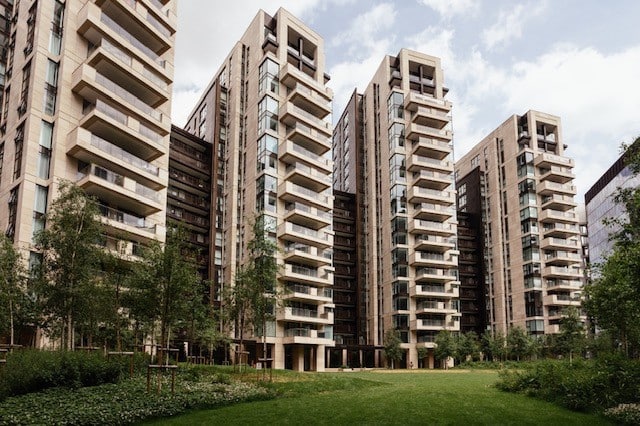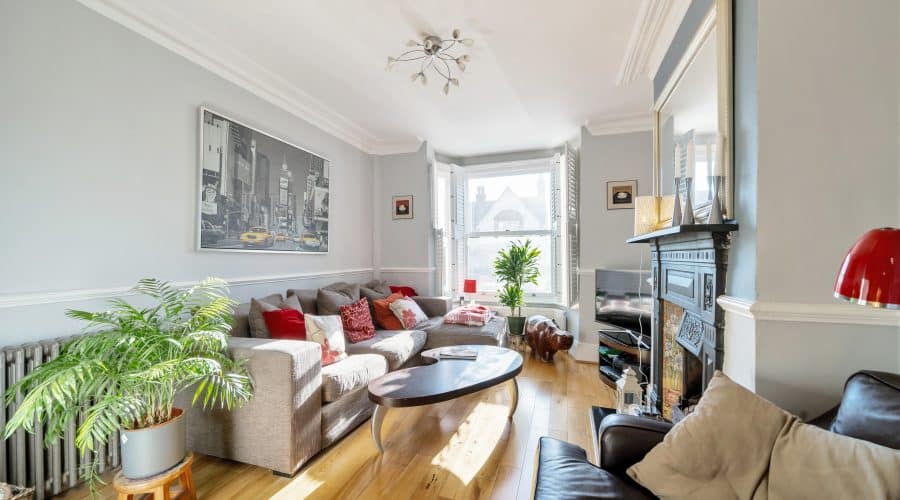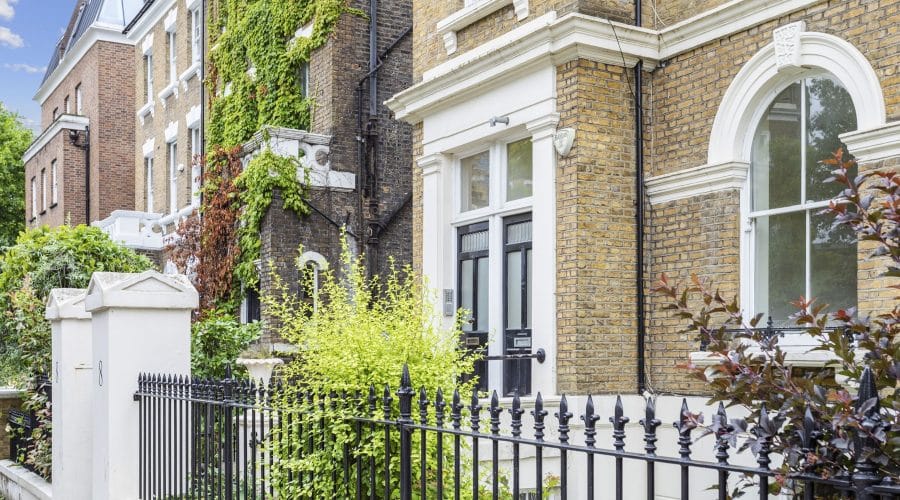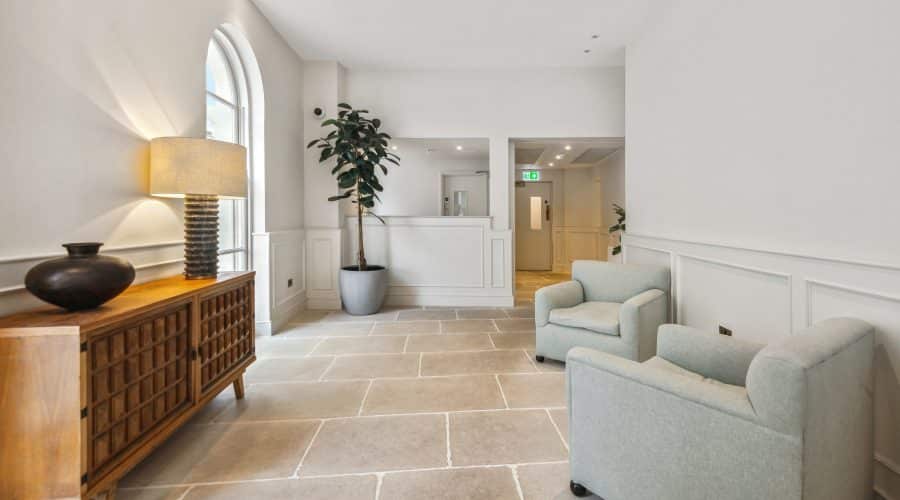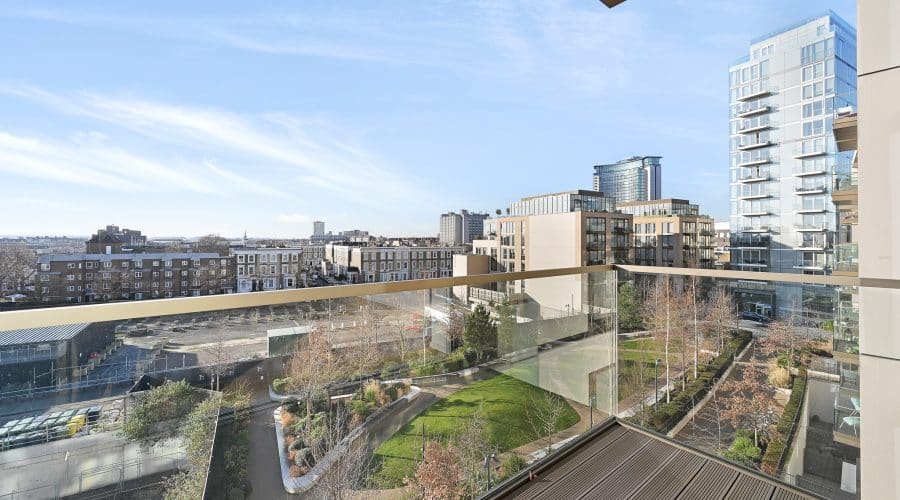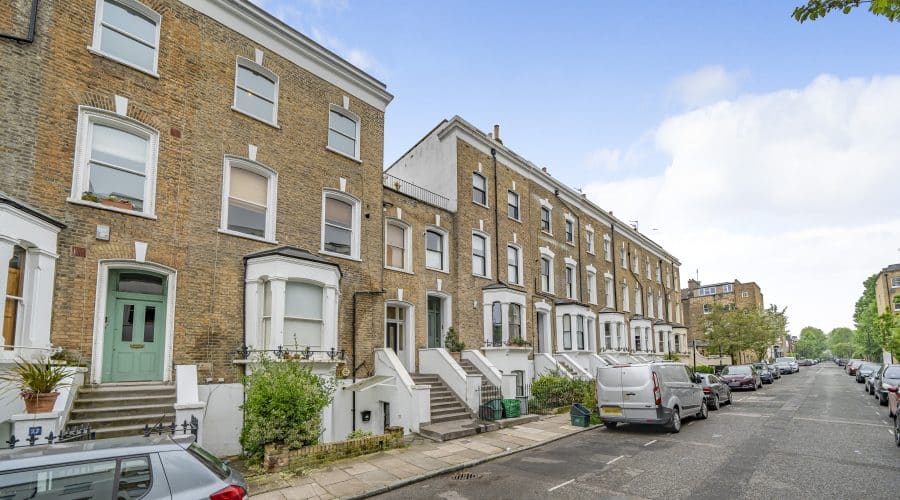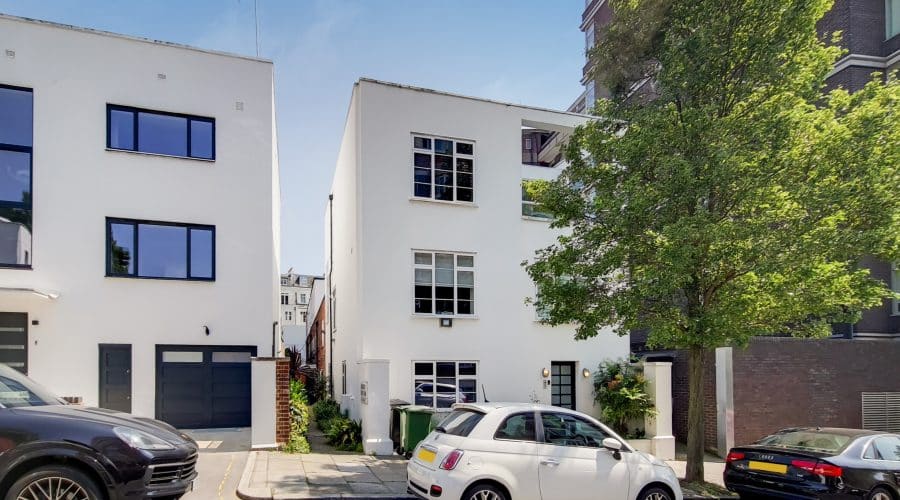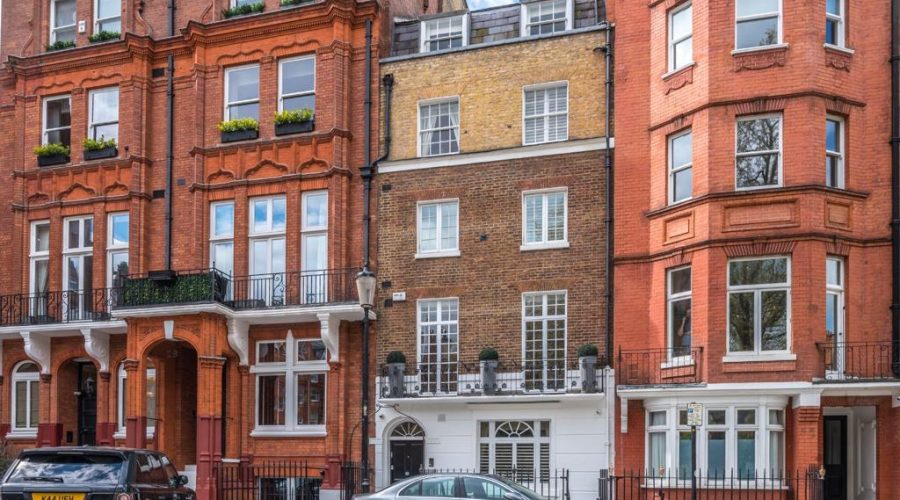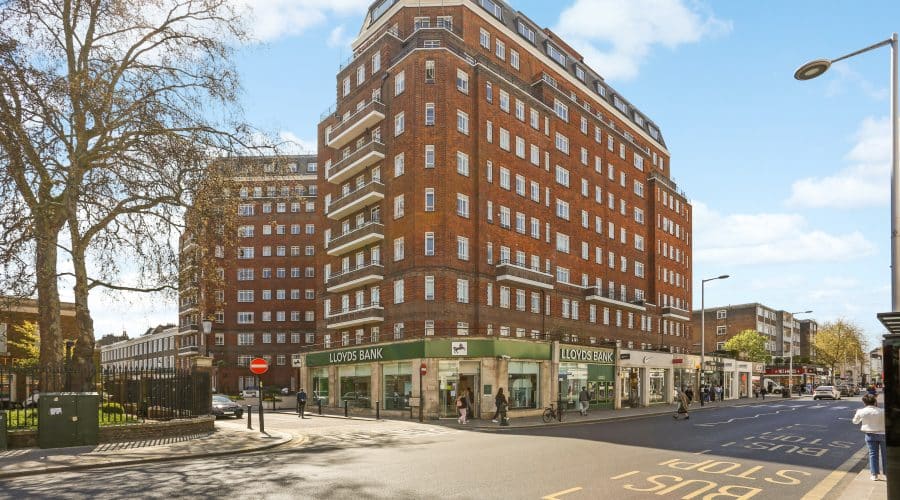By Simon Packard in London
Luxury-home prices in central London rose 4 percent in the third quarter from the previous three months as buyers competed for fewer properties, Savills Plc said.
Houses and apartments worth more than 1 million pounds ($1.6 million) in the most expensive areas fell 4.9 percent on an annual basis, the property broker said in a statement today. The largest quarterly increases were in the western districts of Chelsea, Kensington and Belgravia. The annual decline narrowed from 11.5 percent at the end of the second quarter.
“There isn’t enough property on the market in prime areas and priced attractively to satisfy demand,” said Camilla Dell, managing partner of Black Brick Property Solutions LLC, which finds and buys homes for wealthy customers. Her company, which has advised on 45 million pounds of property deals this year, is participating in closed-bid auctions for two multimillion-pound homes in London this week, she said.
The number of homes for sale is about 25 percent less than the average for the past five years, London-based Savills estimates. Demand for luxury properties increased after values fell by about 18 percent from the market’s peak in September 2007, the broker said. The pound’s weakness also made purchases cheaper for overseas buyers. Sterling slid about 20 percent against the euro and the dollar since the peak.
The scarcity of prime real estate on the market may not last, according to Yolande Barnes, joint head of residential research at Savills. The strongest market in two years will probably encourage more homeowners to sell.
Emerging from Recession
“Prices are expected at best to level out again and may fall back,” Barnes said. The rate of unemployment and how quickly the economy emerges from recession will be critical, she said.
Knight Frank LLP, another London-based broker, said in a separate report today that luxury-home prices gained 1.3 percent in September from August. They dropped 8.9 percent from a year earlier, the smallest annual decline in 12 months.
“U.K. buyers have been especially keen to take advantage of low mortgage-rate costs,” said Liam Bailey, head of residential research at Knight Frank. “The real test in the market will come when interest rates rise.”
The U.K. housing market as a whole may also be stabilizing, according to a survey published by the Royal Institution of Chartered Surveyors on Sept. 15. The number of respondents saying prices increased in August exceeded those reporting declines by 11 percentage points, the first positive reading since July 2007, the London-based organization said.
Wider Recovery?
Home prices in England and Wales rose 4.9 percent from March through July, according to figures compiled by the Land Registry, lifting the average value to 196,338 pounds.
A rebound is also beginning for what Savills describes as ultra-prime properties that cost an average of 15 million pounds. Prices for those homes gained 0.9 percent in the third quarter from the previous three months, Savills said.
Brian D’Arcy Clark, head of Savills’s Private Office unit, advised the owners of 96 Cheyne Walk in Chelsea a year ago to delay selling the 12,770-square-foot (1,186-square-meter) house overlooking the River Thames.
Next week, he will start marketing the home, a former residence of painter James Whistler. Parts of it date back to 1670. The asking price — 25 million pounds — includes six bedrooms, separate accommodations for guests or staff, and off- street parking for eight cars.
“For an estate agent to advise a client not to do a deal is unusual,” D’Arcy Clark said. The move to sell “is an indication of our confidence.”
Southwest London Leads
Outside central London, the biggest price jumps among the city’s prime residential markets occurred in southwest London in the third quarter, according to the broker.
Prices in districts such as Fulham, Clapham, Wandsworth and Richmond, which range from 500,000 pounds to 2 million pounds, climbed 8.4 percent from the previous three months and are now 2.5 percent higher than they were a year ago.
Values in these areas fell almost 26 percent from the peak of the market to the end of March, triggering purchases from owner-occupiers who don’t require large mortgages, said Lucian Cook, a research director at Savills. Prices rose 6.4 percent in the second quarter from the previous three months.
Southwest London is probably a better “leading market indicator” for top-priced homes in the city and the U.K. than central London, where overseas buyers account for almost 60 percent of purchases and more than 20 percent of sales are of second homes, Cook said.



